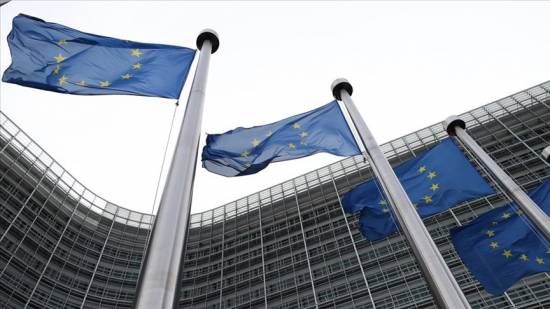The European Union on Thursday removed Jordan and Namibia from its list allowing non-essential travel to the bloc as the Council of the EU revised rules for traveling during the COVID-19 pandemic.
Under the new rules valid as of Thursday, residents from Argentina, Australia, Bahrain, Canada, Chile, Colombia, Indonesia, Kuwait, New Zealand, Peru, Rwanda, Qatar, Saudi Arabia, South Korea, Taiwan, the United Arab Emirates, and Uruguay can travel to the EU for non-essential purposes regardless of their vaccination status.
The same applies to Chinese citizens, in case Beijing grants the same rights to EU citizens.
The travel list, updated every two weeks, grants access to 27 EU states and non-EU members of the Schengen zone -- Iceland, Lichtenstein, Norway, and Switzerland.
However, EU governments are allowed to disregard the recommendations and allow visitors from other countries, as well as restrict the entry of those on the list if they are not fully vaccinated.
The European Commission proposed last week EU member states gradually open their borders to international travelers to remove this system of country listing that grants access based on nationality and does not consider the vaccination status.
If EU member states agree, every vaccinated individual by a WHO-approved jab can enter the bloc for non-essential purposes as of Jan. 10, and the country lists will be repealed as of March 1.
The WHO's emergency list features Pfizer-BioNTech, Moderna, AstraZeneca, and Johnson & Johnson vaccines, also approved by the European Medicines Agency, well as the Covishield, Covaxin, Sinopharm, and Sinovac jabs.
The EU imposed travel restrictions last March to stem the spread of the COVID-19./aa


